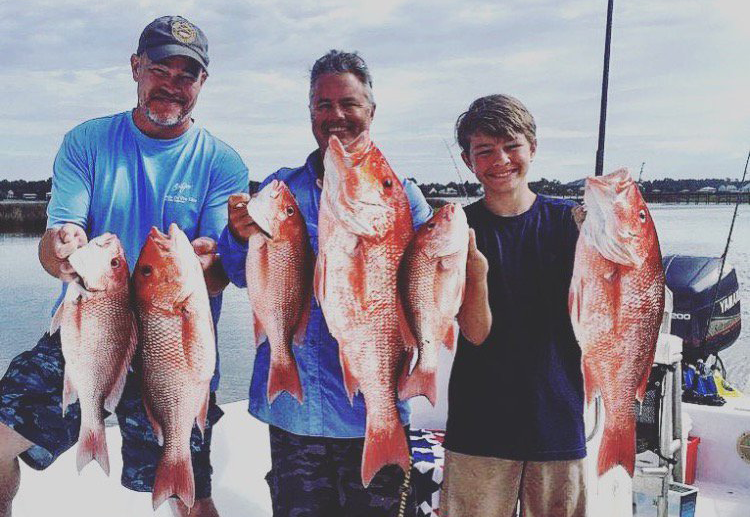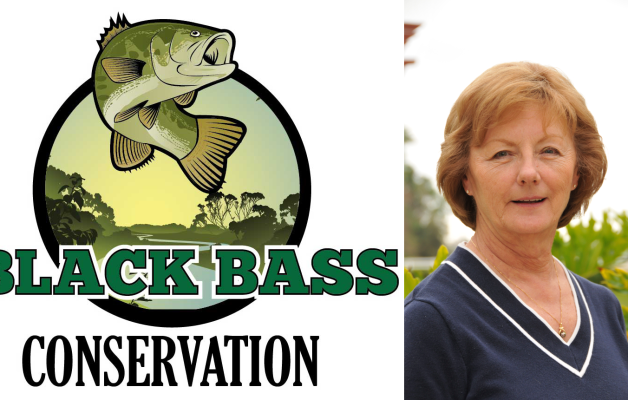
Washington, D.C. – Today, the U.S. Department of Commerce announced an agreement has been reached between the National Oceanic and Atmospheric Administration (NOAA), Members of the U.S. House of Representatives and the five Gulf Coast states to extend the 2017 recreational red snapper season by 39 weekend days in the Gulf of Mexico for private recreational anglers.
This action, lauded by recreational fishermen across the country, reverses the Federal government’s recent trend to shorten the federal red snapper season. Most recently, regulators limited the window to just three days.
Under the jurisdiction of the Gulf of Mexico Fishery Management Council and the National Marine Fisheries Service within NOAA, what was once a six-month red snapper season with a four-fish bag limit for recreational anglers was reduced to a historically low three-day season with a two-fish bag limit in 2017. That three-day federal season ran from June 1 to June 3.
As a result of today’s action, red snapperseason will reopen for private recreational anglers in the Gulf out to 200 miles every Friday, Saturday and Sunday, including Monday and Tuesday of the July Fourth holiday and the Monday of Labor Day. This 39-day season will begin Friday, June 16, in time for Father’s Day weekend and ends on Labor Day, September 4. State seasons will run congruently with the federal season.
Jeff Angers, President of the Center for Sportfishing Policy released the following statement in response:
Today’s announcement is a fix – albeit a short-term fix – that will allow millions to enjoy one of America’s greatest pastimes and boost economies far beyond the Gulf of Mexico – including in the manufacturing and retail sectors in non-coastal states.
The federal fisheries management system is failing recreational anglers on many levels, and the red snapper is the “poster fish” of the quagmire. The temporary rule directly addresses this problem, giving millions of recreational anglers in the Gulf of Mexico an opportunity to enjoy America’s natural resources and giving the Gulf economy a much-needed shot in the arm.
Today would not be possible without the tireless work of Commerce Secretary Wilbur Ross. Industry leaders met with Secretary Ross in March, and he listened. We also thank Majority Whip Steve Scalise (R-La.), Congressmen Garret Graves (R-La.) and Austin Scott (R-Ga.) for beginning the conversation with the Trump Administration in March regarding the mistreatment of private recreational anglers. The status quo in federal fisheries management driven by radical environmentalists is a man-made fishery management disaster.
While private recreational anglers – those who purchased a boat, fishing gear, fishing license, fuel, ice, etc. – were limited to a three-day red snapper season in federal waters this year, charter boat operators were granted a 49-day season and commercial fishermen were granted a 365-day season. People profiting from our public resources were gifted more access than the American public. By setting the three-day season, federal fisheries managers essentially told the public the only way they could access this public resource would be to hire a charter boat captain to take them fishing for red snapper in federal waters or to purchase red snapper at the grocery store.
Anglers commend the Trump Administration and Members of Congress for hearing our calls for more access to federal waters — and for taking action. We must now find a permanent solution to the problem. Recreational anglers deserve a more consistent fishery management approach. The common-sense, long-term solution is to turn the Gulf red snapper recreational fishery over to the states. The five Gulf states have a proven track record of allowing reasonable public access to healthy fish stocks off their coasts, and they are far more in touch with the recreational fishing community than the Gulf Council.
(B.A.S.S. is a member of the Center for Sportfishing Policy, the American Sportfishing Association and Bass Anglers for Saltwater Conservation, all of which have campaigned for a more reasonable snapper season. To learn how you can be involved, go to bassforsalt.com.)




